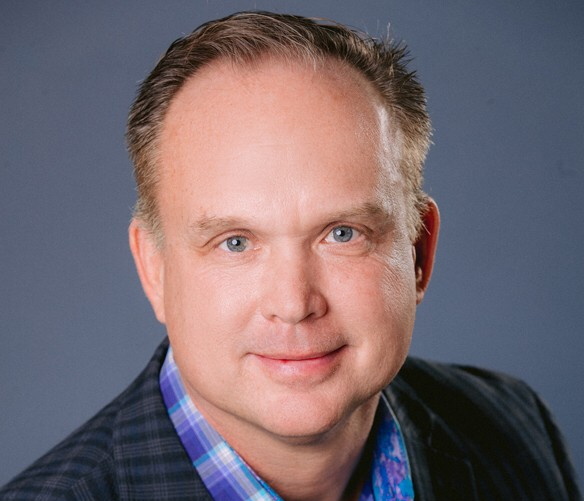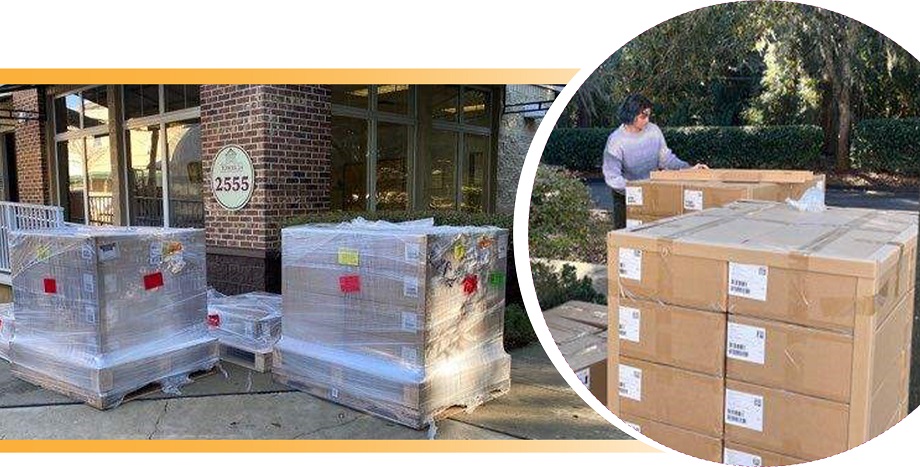Donations of insulin play a crucial role in saving lives, especially for individuals with diabetes who may face challenges in accessing or affording this essential medication. As part of our mission to provide high-quality, affordable medicines, Biocon Biologics recently entered into a partnership with Insulin for Life, a U.S.-based organization that provides insulin and diabetes management supplies free of charge to diabetes patients by collecting supplies and delivering them to disadvantaged regions.

Biocon Biologics Makes Donation to Insulin for Life
We recently completed a donation of approximately 12,500 insulin glargine injection pens and 1,000 glargine vials to Insulin for Life. The organization, which is based in Gainesville, Florida, sends donated supplies to partner clinics and hospitals serving patients with all types of diabetes (Type 1, Type 2, gestational) worldwide.
“Partnering with Biocon Biologics is an exciting milestone for the diabetes community. The company’s generous donation helps provide much-needed insulin to partner clinics and hospitals worldwide,” said Carol Atkinson, Director, Insulin for Life.
In low to middle-income countries with limited economic resources, many groups of individuals, often in underserved and rural communities, face various roadblocks in accessing healthcare resources due to economic challenges, limited healthcare infrastructure and other factors. Insulin donations become critical to providing necessary life-saving treatment to those in need.

“Biocon Biologics’ donation of insulin glargine pens and vials to low- and middle-income countries (LMICs) through Insulin for Life underscores our commitment to transforming lives by enabling equitable access to life-saving affordable biosimilars impacting patients around the world,”
Matthew Erick
Chief Commercial Officer, Advanced Markets,
Biocon Biologics Ltd.
This milestone marks another important step forward in our journey to expand access to much-needed treatments for patients living with diabetes in LMICs. When rates of diabetes were rising in India, we entered the diabetes space with the launch of a more affordable biosimilar insulin in 2004. In India, we introduced Insugen®, the world’s first recombinant human insulin (rh-Insulin) developed on a proprietary Pichia pastoris platform, at a disruptive price point, causing other insulin makers to drop the prices of their brands. And in 2019, Biocon Biologics launched ‘Mission 10 cents’, which aims to unlock universal access to high quality rh-Insulin by offering it at less than 10 U.S. cents a day to governments in LMICs.
In the United States, Biocon Biologics has also worked to make insulin more affordable for diabetes patients. In 2020, Biocon Biologics and Mylan launched Semglee® (insulin glargine injection) in vial and pre-filled pen presentations, approved to improve blood sugar control in adult and pediatric patients with diabetes mellitus; Semglee® was the first interchangeable biosimilar product approved under the U.S. FDA’s 351(k) regulatory pathway. Biocon Biologics also offers a savings program for Semglee® and Insulin Glargine (insulin glargine-yfgn) injection through savings cards, which help eligible patients who have commercial health insurance save on out-of-pocket costs.
“A core value for Biocon Biologics in insulin donations is the pursuit of health equity. This commitment aligns with the broader goal of reducing health disparities for low-income populations in the U.S. and across the globe. We recognize the importance of ensuring that all segments of the population, regardless of their financial status, have equal access to life-saving medications. In the U.S., Biocon Biologics provides various assistance and programs to individuals in urgent need of insulin who are uninsured or have limited insurance,”
Nimish Shah,
Head of Policy & Advocacy, North America,
Biocon Biologics Ltd.
It’s important to note that while insulin donations provide valuable, immediate support, to make insulin affordable for all individuals there is still an ongoing need for sustainable healthcare system solutions, further development of robust healthcare infrastructure and to address systematic issues by advocating for healthcare policy changes.


